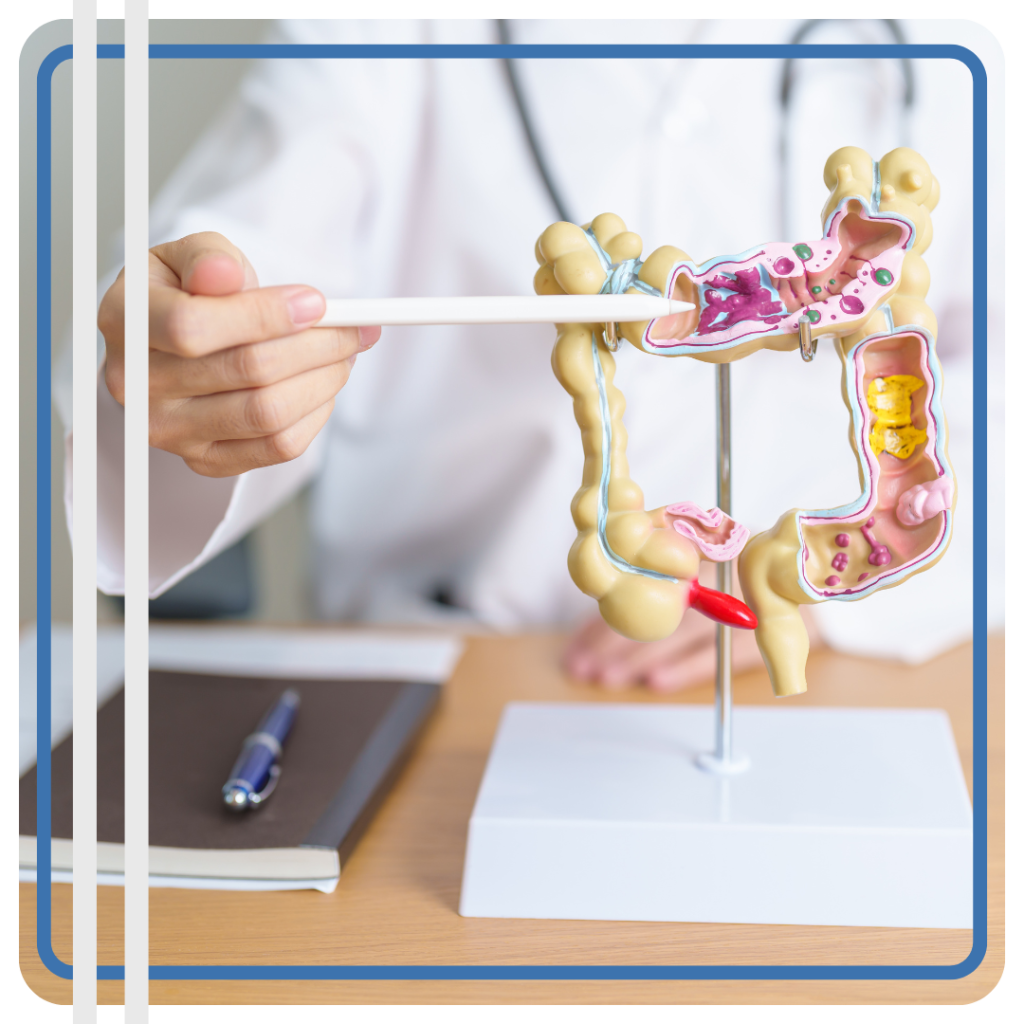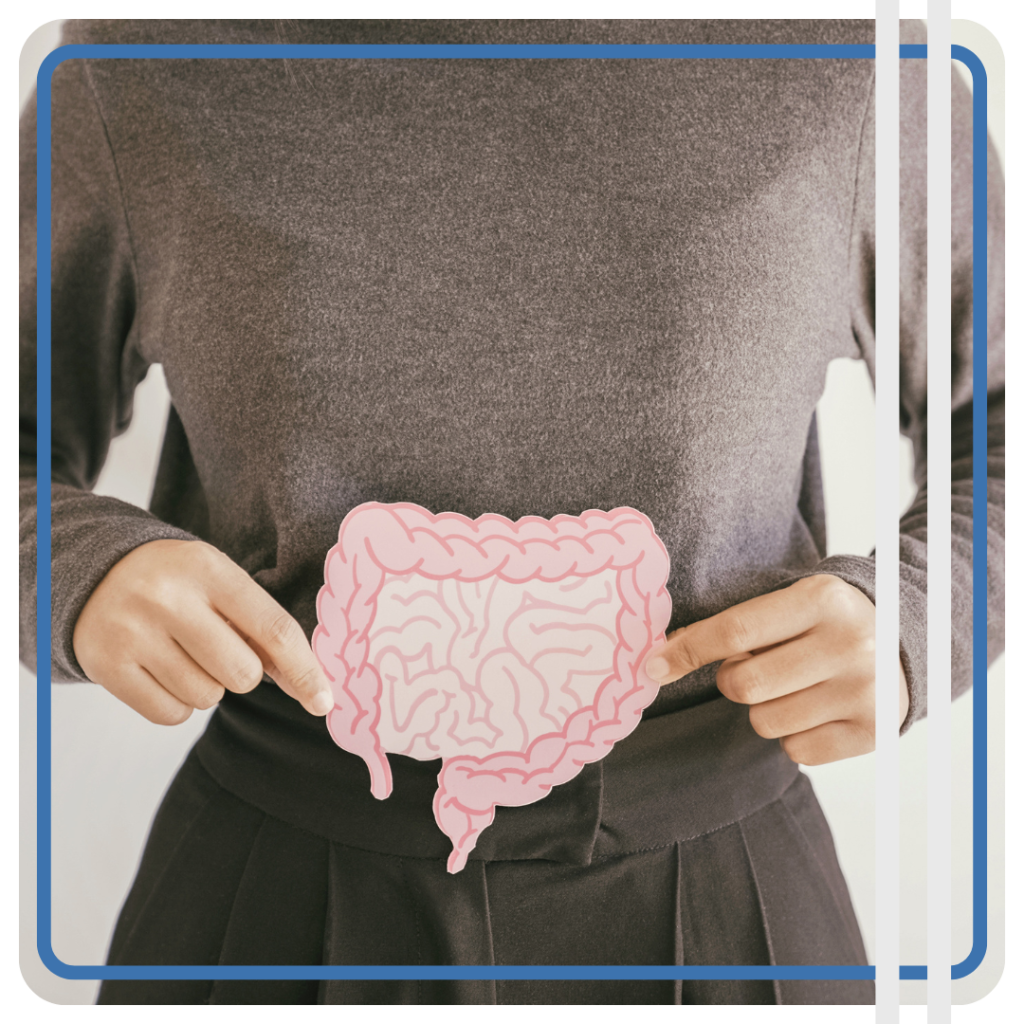Irritable Bowel Disease
Irritable Bowel Disease (IBD) encompasses a range of gastrointestinal disorders that affect millions of individuals worldwide. Understanding its types, symptoms, and treatment options is crucial for effectively managing this chronic condition.
Understanding Irritable Bowel Disease
Irritable Bowel Disease primarily includes Crohn’s Disease and Ulcerative Colitis. Both are inflammatory conditions that can cause abdominal discomfort, changes in bowel habits, and various other systemic symptoms. The chronic nature of these diseases can significantly impact a person’s quality of life. Despite extensive research, the exact cause of IBD remains unclear, but genetic, environmental, and immune system factors are believed to contribute.
Symptoms of IBD
Patients with IBD commonly experience symptoms such as abdominal pain, diarrhea, and bloating. In many cases, symptoms can be severe and may lead to complications, including malnutrition and fatigue. Additionally, individuals may experience episodes of remission and flare-ups, making it essential to recognize early symptoms for timely treatment. Understanding these manifestations is vital for both patients and healthcare providers in managing the condition effectively.


Types of Irritable Bowel Disease
Crohn’s Disease and Ulcerative Colitis are the two primary forms of IBD, and they manifest differently. Crohn’s can affect any portion of the gastrointestinal tract, presenting with deep inflammation and potential complications like fistulas. In contrast, Ulcerative Colitis primarily involves the colon and rectum, leading to continuous inflammation. Understanding these distinctions is fundamental for proper diagnosis and treatment planning.
Diagnosis of IBD
Diagnosing IBD typically involves a combination of clinical evaluations, blood tests, stool tests, and imaging studies. Endoscopy, which allows visualization of the intestinal tract, is often employed to assess inflammation and obtain biopsies. Timely and accurate diagnosis plays a critical role in managing the disease early, preventing complications, and providing effective treatment options tailored to individual needs.
Treatment Options for IBD
Treatment for IBD varies based on the type and severity of the disease. Medications, including anti-inflammatory drugs, immunosuppressants, and biologics, are commonly recommended. Nutritional support is also vital, as many patients struggle with dietary challenges. Some individuals might require surgical interventions if medications do not suffice. Each treatment plan should be personalized, considering patient preferences and medical history.


Lifestyle Changes and IBD Management
Lifestyle choices significantly influence the management of IBD. Maintaining a balanced diet that avoids trigger foods can help alleviate symptoms. Regular exercise and stress-reduction techniques, such as yoga or meditation, have also shown benefits for many patients. Additionally, engaging with support groups provides emotional support and valuable information for individuals living with IBD.
Irritable Bowel Disease is a complex condition that requires ongoing management and understanding. While there is currently no cure, effective treatments and lifestyle changes can empower patients to lead fulfilling lives. If you suspect you have IBD or are dealing with any of its symptoms, it’s essential to consult a healthcare professional. Early intervention and a tailored treatment plan can make all the difference in managing this chronic disease. Reach out today to start your journey towards better gut health!
